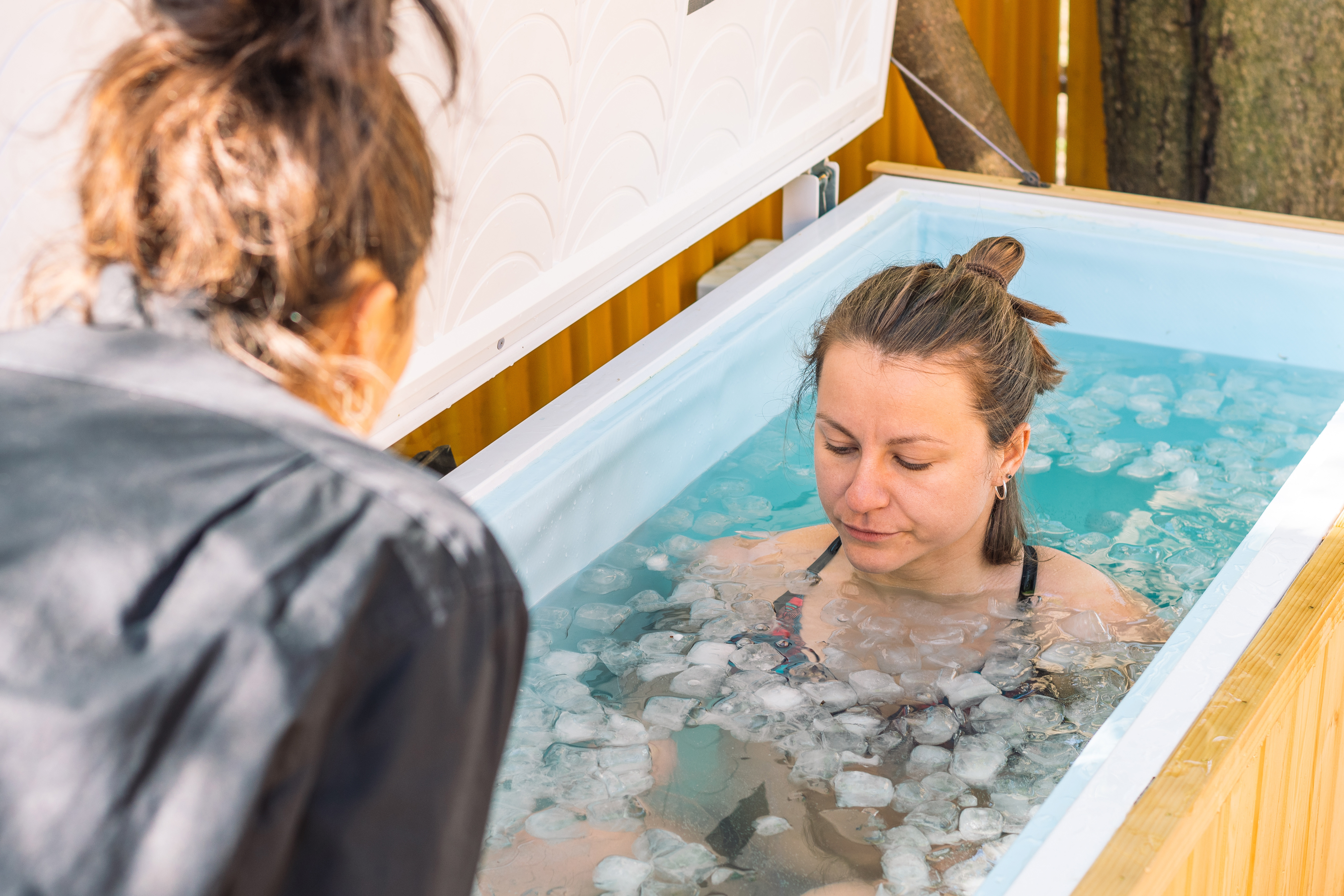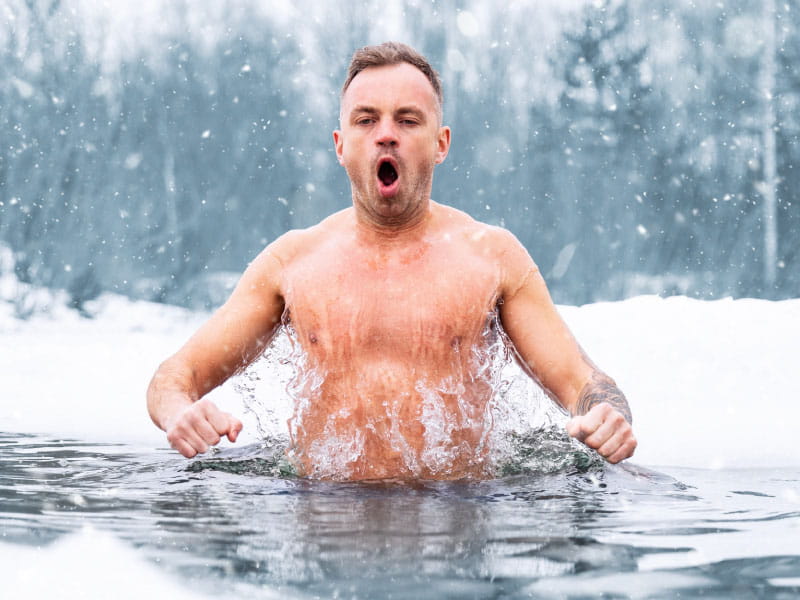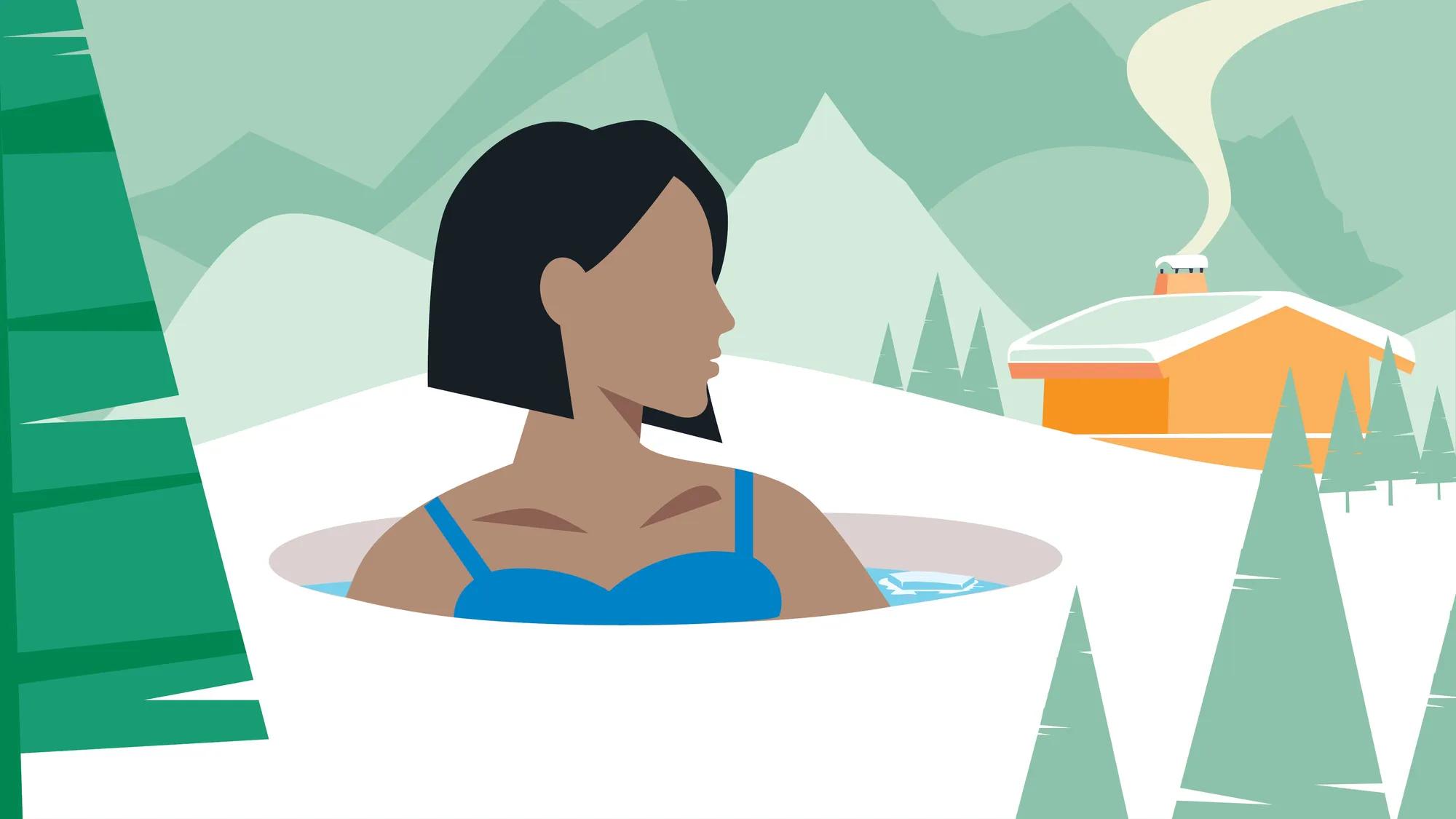Cold plunging—once a niche practice of elite athletes and biohackers—has exploded into the mainstream. From Wim Hof’s ice baths to Andrew Huberman’s neuroscience-backed protocols, cold exposure is being hailed as a longevity booster, a mental clarity enhancer, and even a potential life-extender.
But does dunking yourself in freezing water actually help you live longer? Or is it just another wellness trend with more hype than substance? Let’s dive into the latest science, the surprising benefits, and the real risks of cold plunging.
1. The Science of Cold Exposure: How It Affects Your Body & Brain

When you submerge yourself in cold water (typically 50°F/10°C or lower), your body goes into survival mode. Your blood vessels constrict, your heart rate spikes, and your brain releases a flood of adrenaline and norepinephrine—hormones linked to focus, resilience, and even euphoria.
But beyond the initial shock, research suggests cold plunging may trigger deeper, long-term benefits:
- Reduces Inflammation – Chronic inflammation is a key driver of aging. Cold exposure has been shown to lower inflammatory markers like IL-6, potentially slowing cellular damage.
- Boosts Mitochondrial Function – Cold stress may increase brown fat, a metabolically active fat that burns calories and improves metabolic health.
- Enhances Brain Resilience – Studies indicate cold exposure increases BDNF (brain-derived neurotrophic factor), a protein that supports neuron growth and cognitive function.
The takeaway? Cold plunging isn’t just a brutal endurance test—it may help your body and brain function better for longer.
2. The Longevity Connection: Can Cold Plunging Help You Live Longer?
The idea that cold exposure might extend lifespan isn’t just bro-science—it’s now the subject of serious research in labs worldwide. While the full picture is still emerging, early findings suggest intriguing connections between cold plunging and longevity.
One key mechanism involves sirtuins, a group of proteins often called “longevity genes.” These same proteins are activated by practices like fasting and compounds like resveratrol. Cold stress appears to trigger similar pathways, potentially slowing cellular aging. Animal studies support this—cold-adapted organisms have shown extended lifespans in controlled experiments. However, human research remains in its early stages, leaving scientists cautious but optimistic about the implications.
Beyond longevity pathways, cold plunging may strengthen the immune system in measurable ways. A notable Dutch study found that participants who incorporated cold showers into their routine experienced 29% fewer sick days compared to control groups. Researchers theorize this could be due to cold exposure stimulating white blood cell activity, essentially giving the immune system a regular “workout.” Anecdotal reports from regular cold plungers—who often claim they rarely get sick—seem to align with these findings.
The cardiovascular and metabolic benefits add another layer to cold therapy’s potential. When exposed to cold, the body’s circulatory system works harder to maintain core temperature, which may improve vascular efficiency over time. Some studies have linked regular cold exposure to lower blood pressure and enhanced insulin sensitivity, both critical factors for long-term health. These adaptations could contribute to a reduced risk of chronic diseases associated with aging.
However, there’s an important caveat: most longevity-related studies so far are either preliminary or based on animal models. While the existing data is promising, the scientific community agrees that more rigorous human trials are needed before declaring cold plunging a definitive life-extending practice. For now, it remains a fascinating—and potentially powerful—tool in the broader pursuit of healthspan.
3. The Risks & Realities: Who Should (and Shouldn’t) Try Cold Plunging?
Cold plunging isn’t for everyone—and doing it wrong can be dangerous. Before you fill your bathtub with ice, consider these key points:
Who Benefits Most?
- Athletes (for recovery)
- People with low-grade inflammation
- Those seeking mental resilience (stress adaptation)
Who Should Avoid It?
- People with heart conditions (cold shock can spike blood pressure)
- Those with Raynaud’s disease or poor circulation
- Pregnant women (limited research on safety)
How to Do It Safely
- Start slow – 30 seconds in cool water, then gradually increase.
- Breathe deeply – Panicking spikes stress hormones; controlled breathing is key.
- Don’t overdo it – More isn’t always better. Even 2-3 minutes can trigger benefits.
The evidence suggests cold plunging could contribute to a longer, healthier life—but it’s not a magic bullet. Like exercise or fasting, it’s a tool that works best when combined with other healthy habits.
If you’re curious, start small. A 30-second cold shower might not turn you into Wim Hof, but it could kickstart a habit that strengthens your body, sharpens your mind, and—just maybe—adds years to your life.
So, will you take the plunge? ❄️

